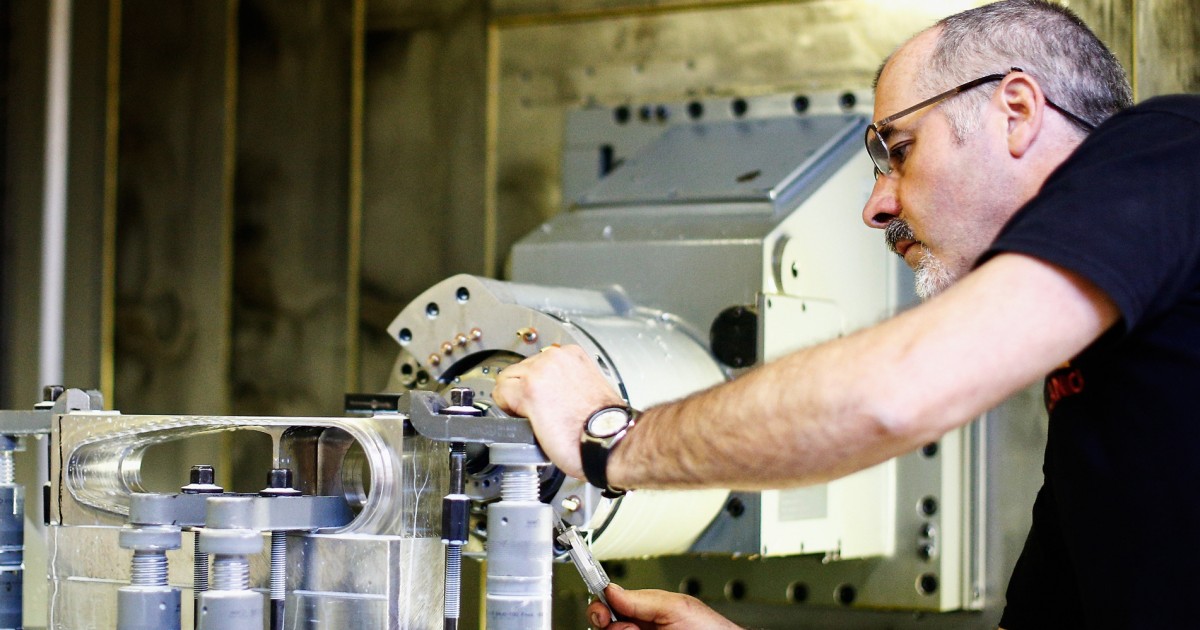
Intercept
In space and astronautical engineering, intercept refers to the act of reaching and/or capturing a target object in space. This can be achieved through various methods such as rendezvous, docking, or interception of a ballistic missile. Intercept is a critical component of space exploration and defense, as it allows for the retrieval of valuable scientific data, the delivery of supplies to spacecraft, and the prevention of potential threats to national security. The success of an intercept mission depends on precise calculations of the target object's trajectory, as well as the development of advanced propulsion and guidance systems.
Your Previous Searches
Random Picks
- FEMA: FEMA (Federal Emergency Management Agency) is a United States government agency responsible for the management of natural disasters, including hurricanes, earthquakes, floods, wildfires, and tornadoes. FEMA provides assistance to state and ... Read More >>
- Wind Turbines: Wind turbines are devices that convert the kinetic energy of the wind into electrical power. They consist of a rotor, which is connected to a generator, and a tower that supports the rotor and the nacelle. The rotor blades are designed to c ... Read More >>
- Sustainability: Sustainability in space and astronautical engineering refers to the ability to maintain and improve the quality of life for current and future generations of humans and other living organisms in space. This includes the responsible use of r ... Read More >>
Top News

SpaceX's Fram2 returns from first-of-its-kind mission around Earth's poles...
The Fram2 mission, paid for and led by a cryptocurrency billionaire who is flying with three guests, has returned after a journey on a unprecedented polar orbit....
News Source: CNN on 2025-04-04

Scientists release plans for an even bigger atom smasher to address the mysterie...
GENEVA — Top minds at the world’s largest atom smasher have released a blueprint for a much bigger successor that could vastly improve research into the remaining enigmas of physics....
News Source: NBC News on 2025-04-01

Scientists release plans for even bigger atom smasher along the French-Swiss bor...
Scientists at the world’s largest atom smasher have released a blueprint for a much bigger successor that could help solve enigmas of physics, starting in the mid-2040s at a cost of about $16 billio...
News Source: ABC News on 2025-04-01

The 'Blaze Star' hasn't exploded yet, but it could soon...
T Coronae Borealis has an outburst every 79 to 80 years, according to NASA....
News Source: ABC News on 2025-03-28
I visited the sprawling 'metroburb' where 'Severance' is filmed. It's a 2 millio...
Bell Works, the real office complex that doubles as Lumon on "Severance," is redefining what an office can be....
News Source: Business Insider on 2025-03-28